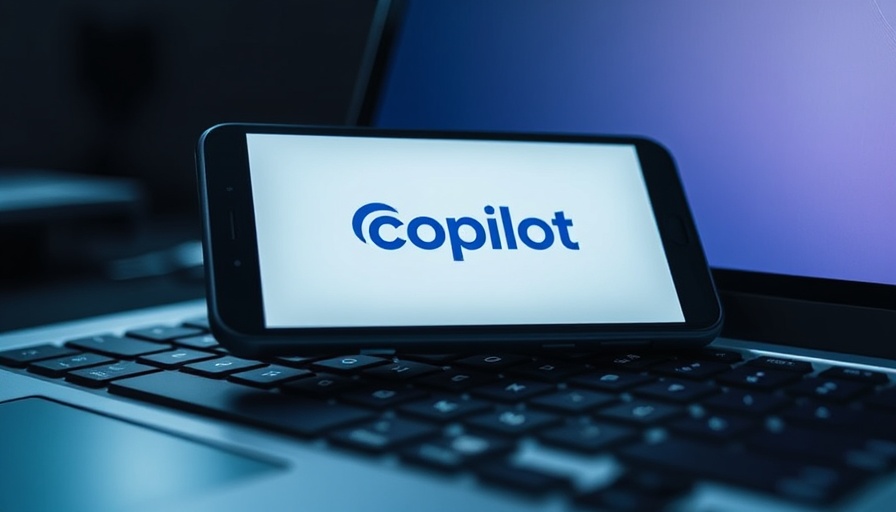
Microsoft Takes Bold Steps to Enhance Copilot Security
In a move signaling its commitment to AI security, Microsoft has expanded its Copilot bug bounty program by increasing payouts and broadening its scope. This initiative aims to engage researchers in identifying vulnerabilities that could potentially be exploited by malicious actors. The enhancements come on the heels of vulnerabilities discovered by researchers that could allow hackers to manipulate Copilot, leading to potential leaks of confidential information.
What’s New in the Bounty Program?
The revised bounty structure introduces rewards for moderate severity vulnerabilities, a category that previously earned no payout. Researchers are now eligible to receive up to $5,000 for identifying moderate vulnerabilities, reflecting Microsoft’s recognition that such flaws can have significant implications. The new payout levels range from $250 for low-severity issues to $30,000 for critical vulnerabilities, with potential for even higher rewards.
Expanding the Copilot Ecosystem
Microsoft is not only offering higher bounties but is also expanding the tools covered by the bounty program. The recent additions include Copilot functionalities for messaging apps like WhatsApp and Telegram, as well as enhanced accessibility via copilot.microsoft.com and copilot.ai. This broader reach allows Microsoft to tap into more platforms, increasing the opportunities for security researchers.
Building a Robust Vulnerability Framework
Another significant change involves the integration of the Microsoft Vulnerability Severity Classification for Online Services, which aims to unify the evaluation of vulnerabilities. By applying consistent classification standards, Microsoft aims to streamline the process of assessing reported vulnerabilities. This consistency is vital in ensuring that researchers receive fair treatment and appropriate payouts based on the severity of the issues reported.
Why Is This Important?
With the increasing integration of AI tools in everyday services and products, reinforcing security through initiatives like the Copilot bug bounty program is crucial. Cybersecurity experts warn that AI-driven features can introduce unique challenges, including data poisoning and manipulation risks. By encouraging rigorous testing and examination of Copilot products, Microsoft is working proactively to fortify its offerings against emerging threats.
Looking Ahead: The Future of AI Security
As Microsoft navigates the fast-evolving landscape of AI technology, its emphasis on collaboration with the security research community is seen as a model for other tech companies. The bounty program endeavors to transform researchers' insights into actionable security measures, ideally preventing flaws from being exploited before they can affect users.
Final Thoughts
The expanded bug bounty program represents a significant step toward a more secure AI environment. By increasing payouts and integrating comprehensive vulnerability classifications, Microsoft is laying the groundwork for a safer future in AI technology. This initiative not only enhances user trust but also underscores the importance of collaboration in tackling cybersecurity threats.
 Add Row
Add Row  Add
Add 




 Add Row
Add Row  Add
Add 

Write A Comment